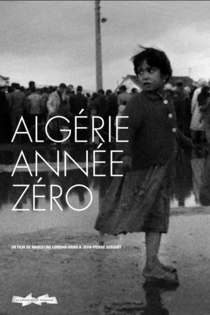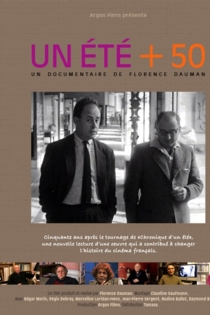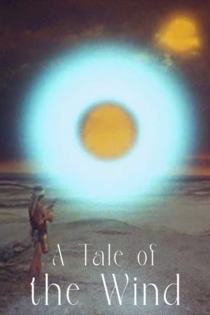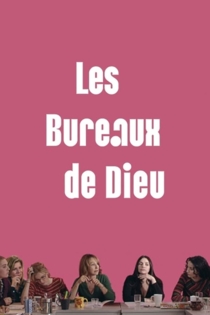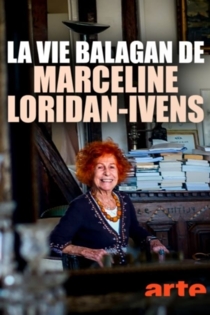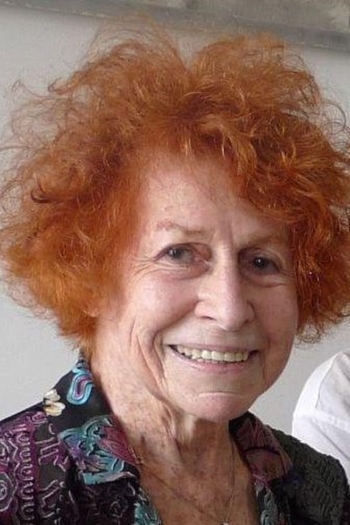
Marceline Loridan-Ivens
1928 - 2018Drancy 1941-1944, un camp aux portes de Paris
Philippe Saada
Yvan Attal, Charles Palant
The untold story of a world-renowned place of remembrance of the Holocaust in France, the internment camp of Drancy, which was the central transit for the near totality of the 76 000 deported Jews of France during World War II.
Drancy 1941–1944, the Internment Camp Next Door

Comment Yukong déplaça les montagnes
Joris Ivens, Marceline Loridan-Ivens
Joseph Losey
From 1972 until 1974, Joris Ivens and Marceline Loridan, along with a Chinese film crew, documented the last days of the Cultural Revolution, marking the end of an era. The vast amount of footage they shot was edited into 14 films of varying lengths. Focusing on ordinary people spread over a wide geographic area—many of whom were living and working in collectives—the filmmakers recorded a unique moment in history, and also captured some of the more enduring aspects of Chinese culture.
How Yukong Moved the Mountains
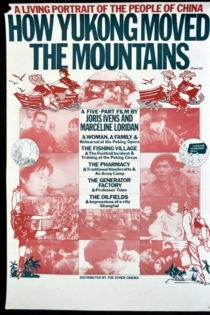
Le dix-septième parallèle, la guerre du peuple
Joris Ivens, Marceline Loridan-Ivens
On the border of North and South Vietnam, civilians live underground and cultivate their land in the dead of night, farmers take up arms, and bombs fall like clockwork. Joris Ivens and Marceline Loridan’s record of daily life in one of the most volatile regions of a war-torn, divided country is both a hazardous piece of first-hand journalism and a shattering work in its own right, simmering with barely repressed anger.
The 17th Parallel
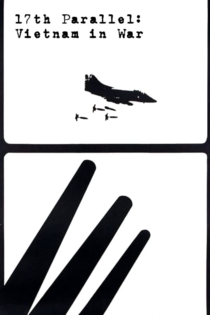
Chronique d'un été (Paris 1960)
Jean Rouch, Edgar Morin
Edgar Morin, Jean Rouch
Paris, summer of 1960. Anthropologist and filmmaker Jean Rouch, along with sociologist and film critic Edgar Morin, both assisted by Marceline and Nadine, roam the crowded streets asking ordinary people how they deal with the misfortunes of life. Are you happy? But their real purpose is to find out if people can speak sincerely in front of a camera and how they react when they are later invited to analyze the meaning of their answers.
Chronicle of a Summer
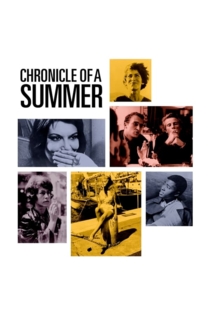
La Pharmacie no. 3: Shanghai
Joris Ivens, Marceline Loridan-Ivens
Joris Ivens and wife Marceline Loridan took their cameras into Pharmacy No. 3 in Shanghai, which in addition to dispensing drugs manages an outreach program of medical services, an extension of the pharmacy’s in-house medical care center.
The Pharmacy: Shanghai

La petite prairie aux bouleaux
Marceline Loridan-Ivens
Anouk Aimée, August Diehl
Myriam, a survivor of the concentration camp at Auschwitz, is a filmmaker and journalist who has spent many years living abroad. She takes part in a memorial event at the town hall in Paris commemorating the liberation of the camp, where she wins a flight to Cracow. At first she refuses to accept the prize, then decides to go.
The Birch-Tree Meadow
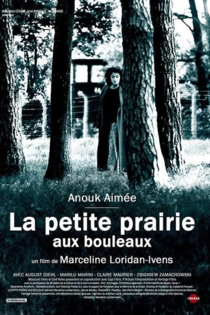
Windsbraut
Marceline Loridan-Ivens
In 1998, a German documentary filmmaker named Daniela Schulz made a film about Joris Ivens’s dynamic partner, Bride of the Wind (Windsbraut), as a tribute to their decades of work together. Calling her friend Marceline “the second part of this legend [of Joris Ivens]”, she pays tribute to her as one who, after losing her “beloved and symbiotic partner, has kept her dynamism and liveliness as a person and a filmmaker”. The cinematic portrait illustrates how Loridan was in fact much more than a shadow at Ivens’s side.
Bride of the Wind

Algérie, année zéro
Marceline Loridan-Ivens, Jean-Pierre Sergent
Maurice Garrel
Documentary on the beginnings of Algerian independence filmed during the summer of 1962 in Algiers. The film was banned in France and Algeria but won the Grand Prize at the Leipzig International Film Festival in 1965. Out of friendship, the production company Images de France sent an operator, Bruno Muel, who later declared: "For those who were called to Algeria (for me, 1956-58), participating in a film on independence was a victory over horror, lies and absurdity. It was also the beginning of my commitment to the cinema."
Algeria, Year Zero
